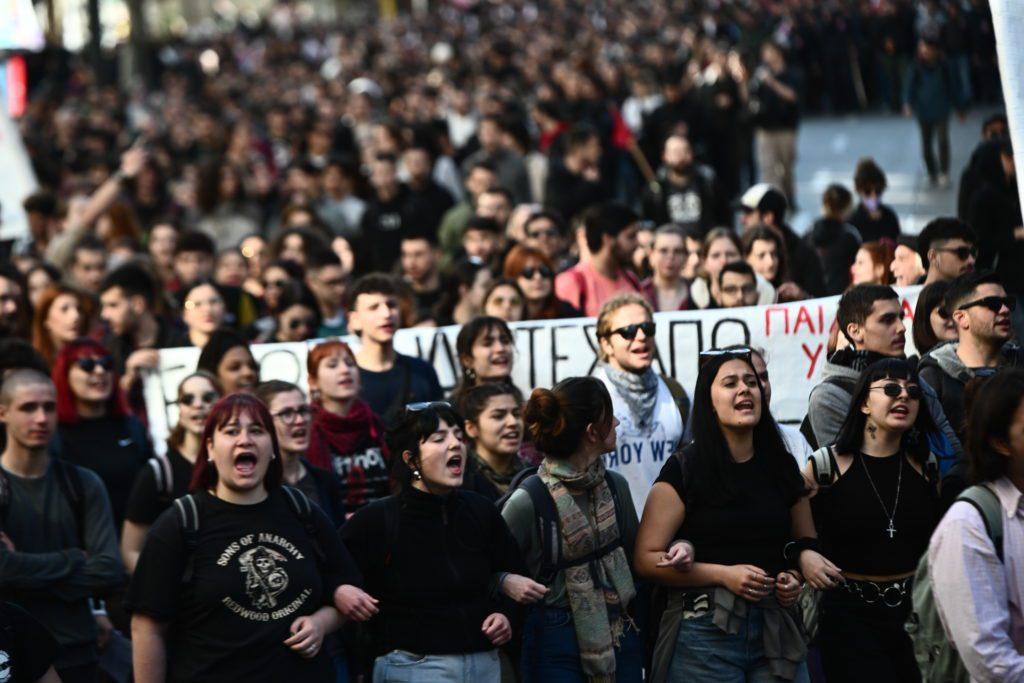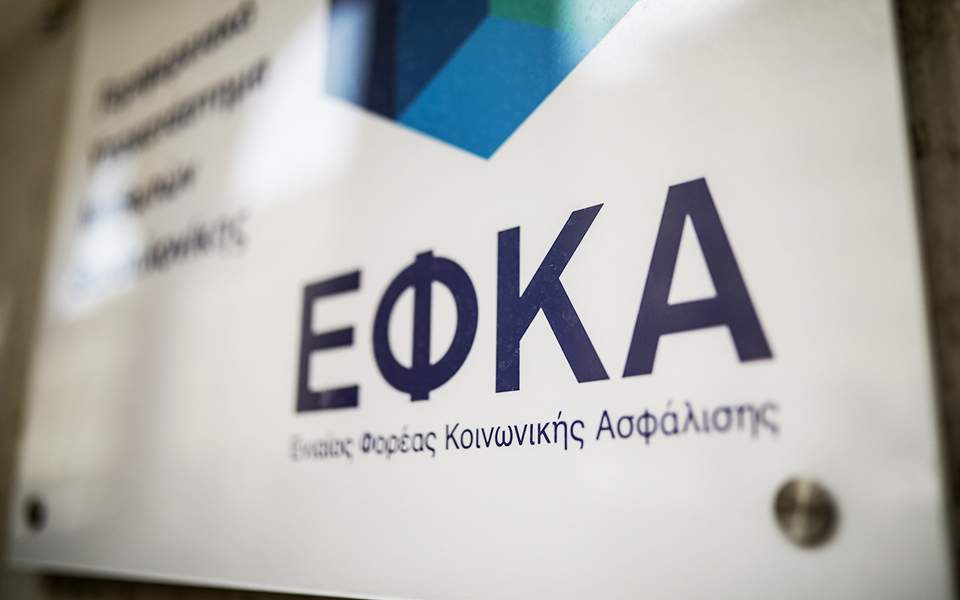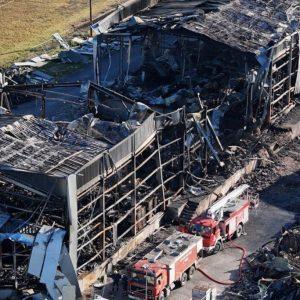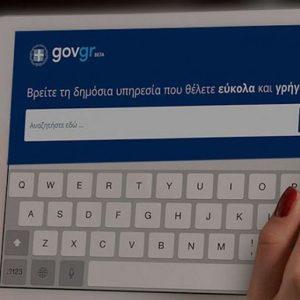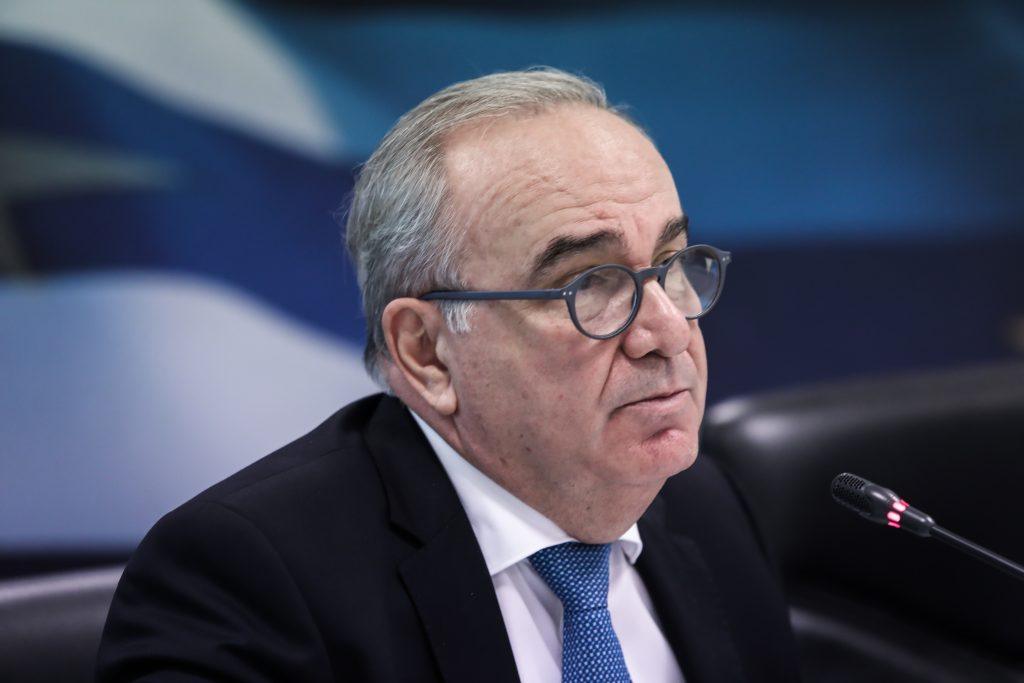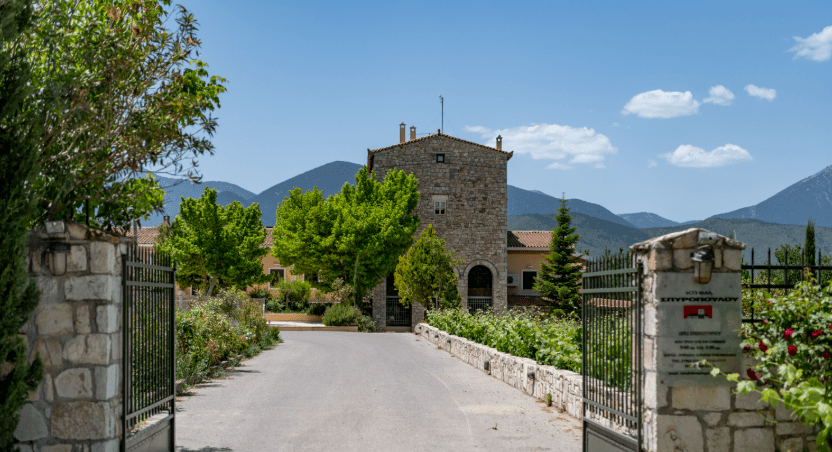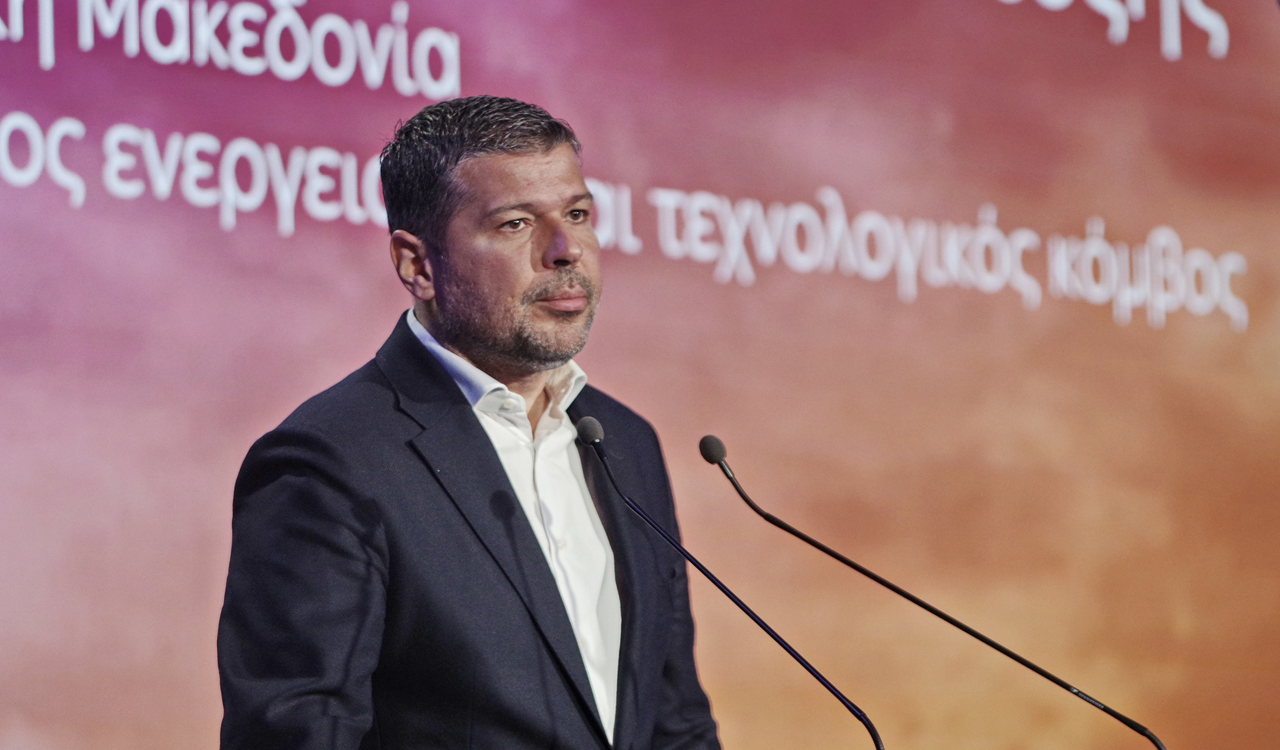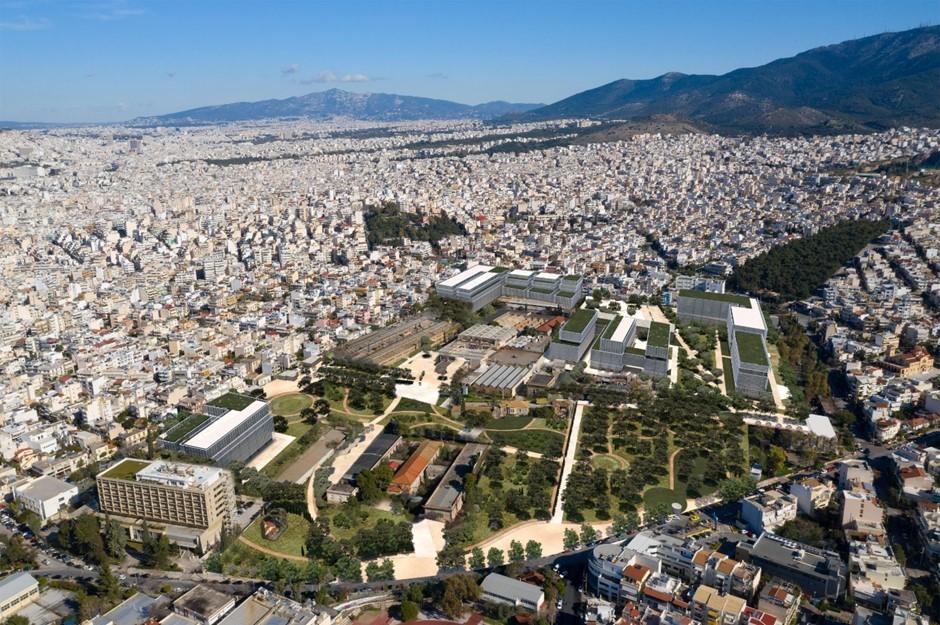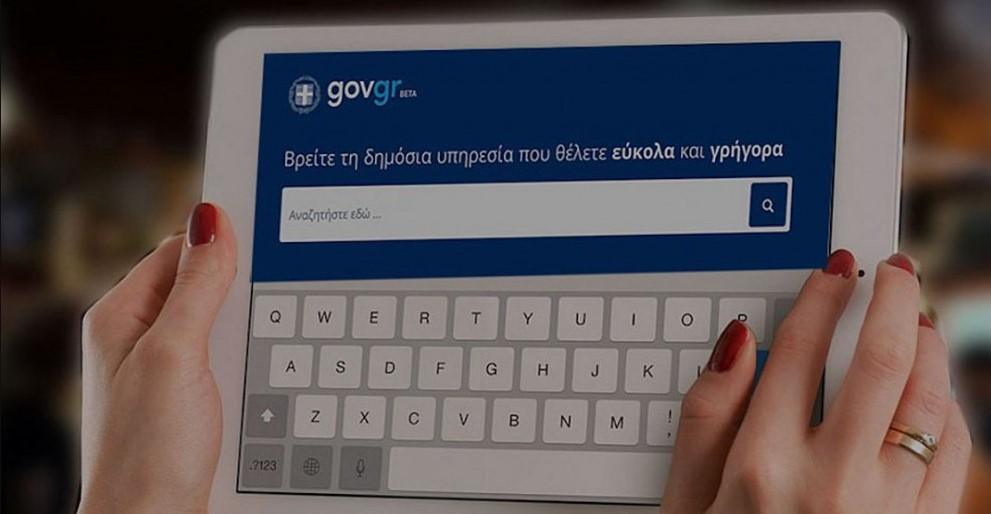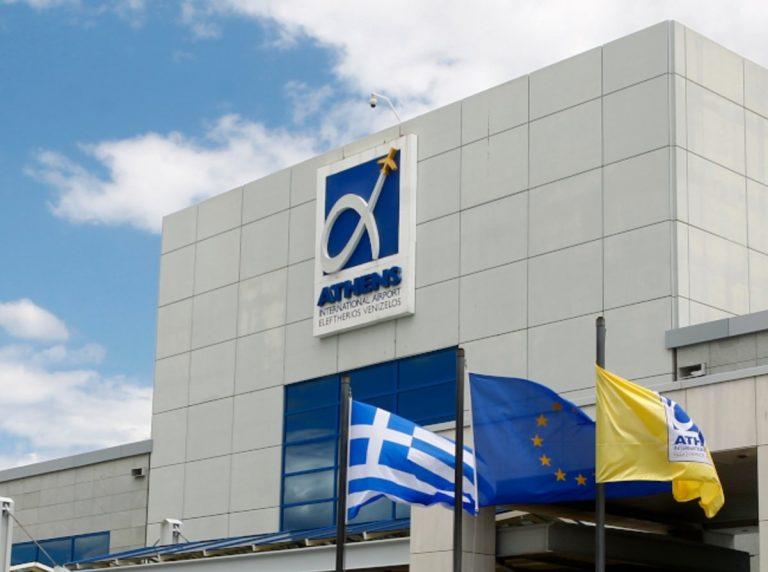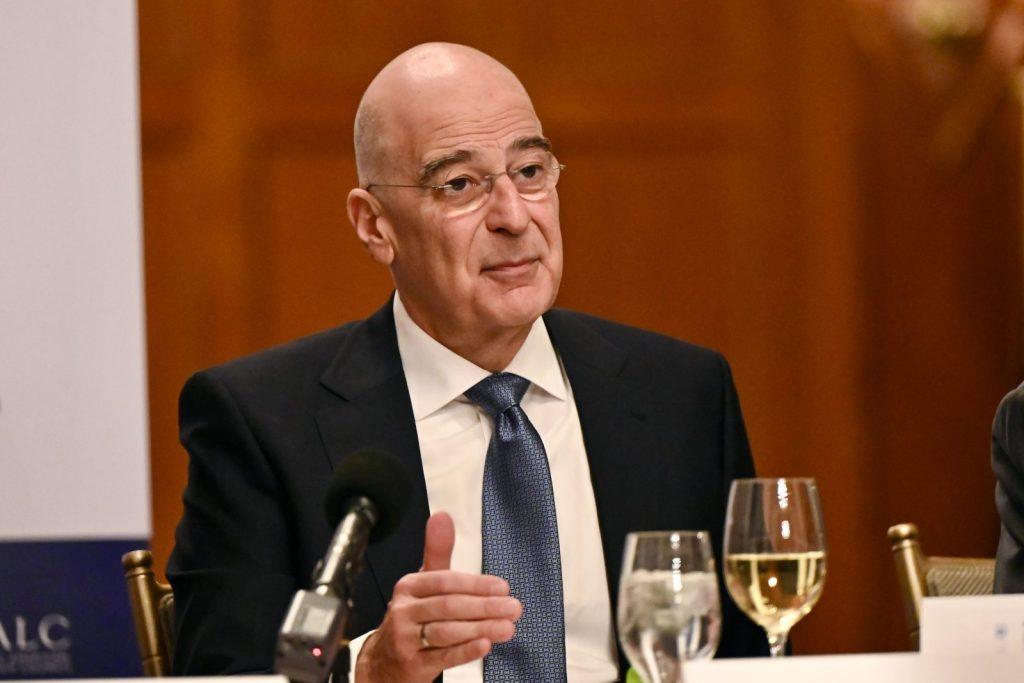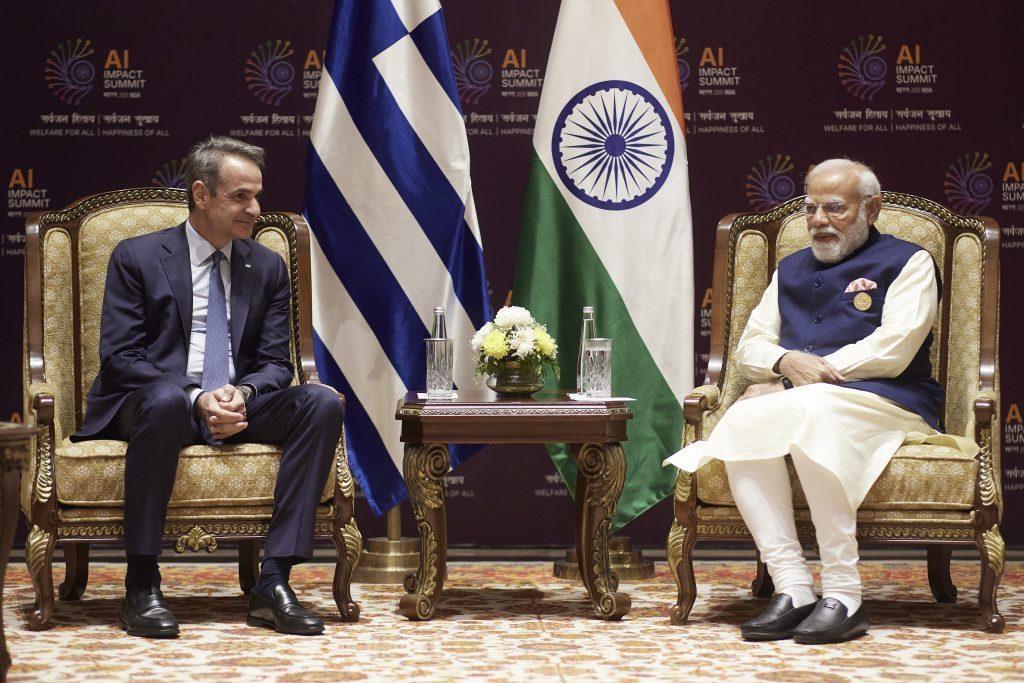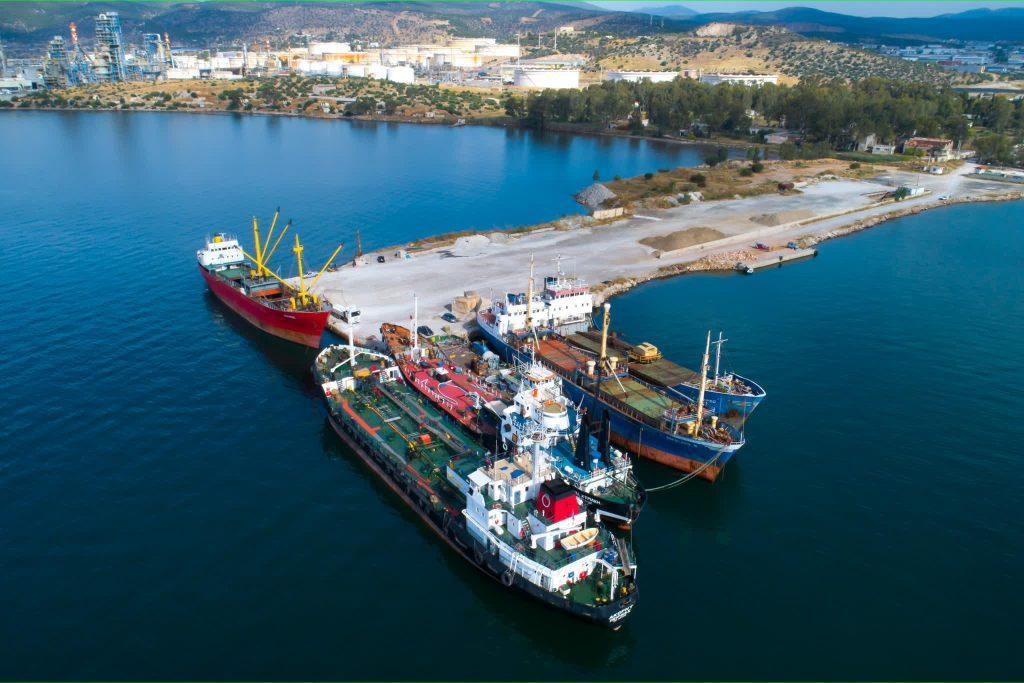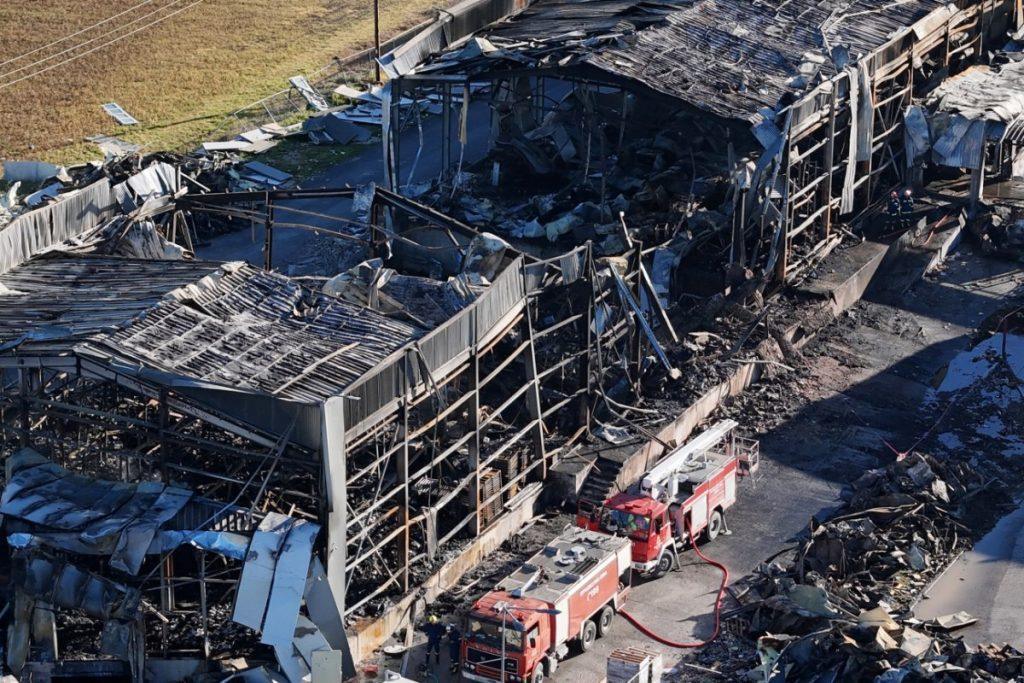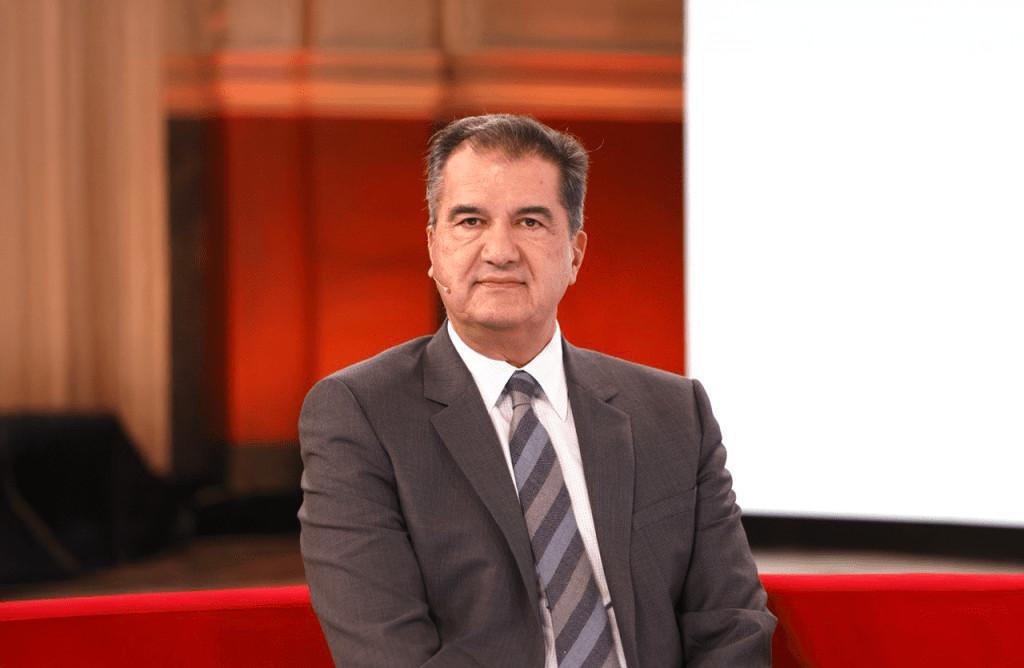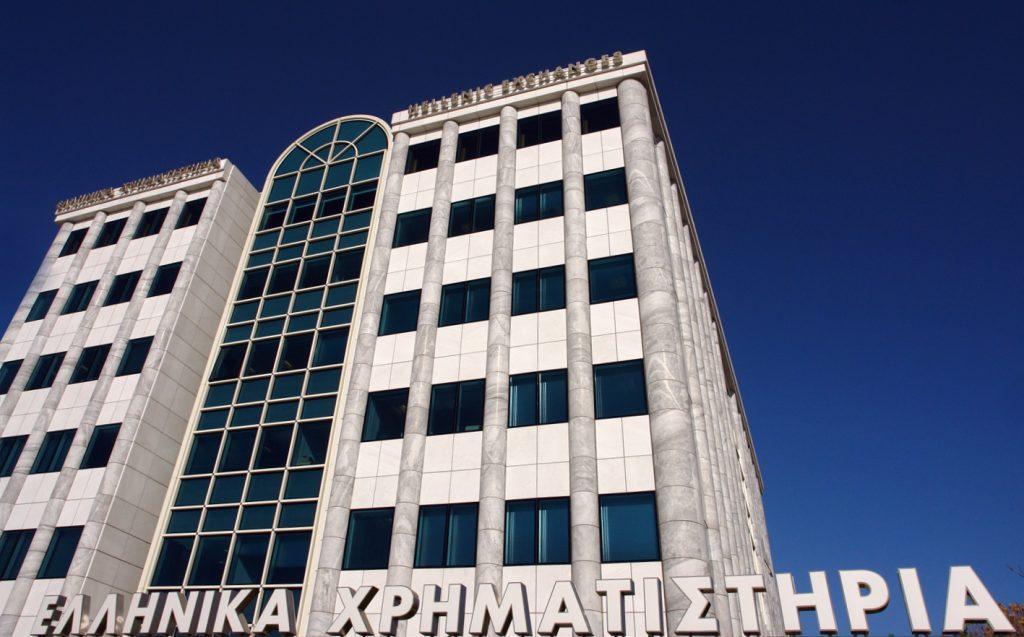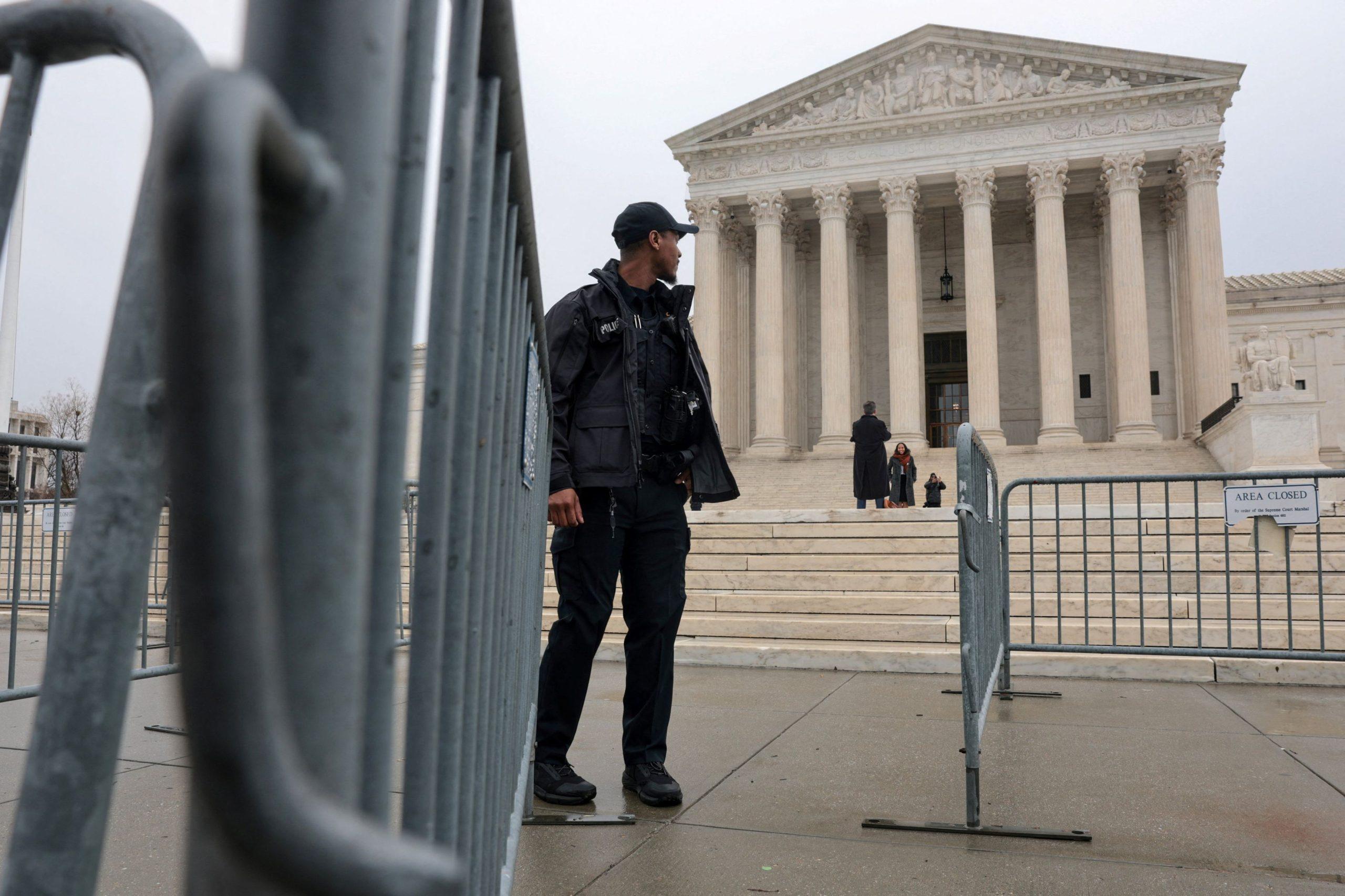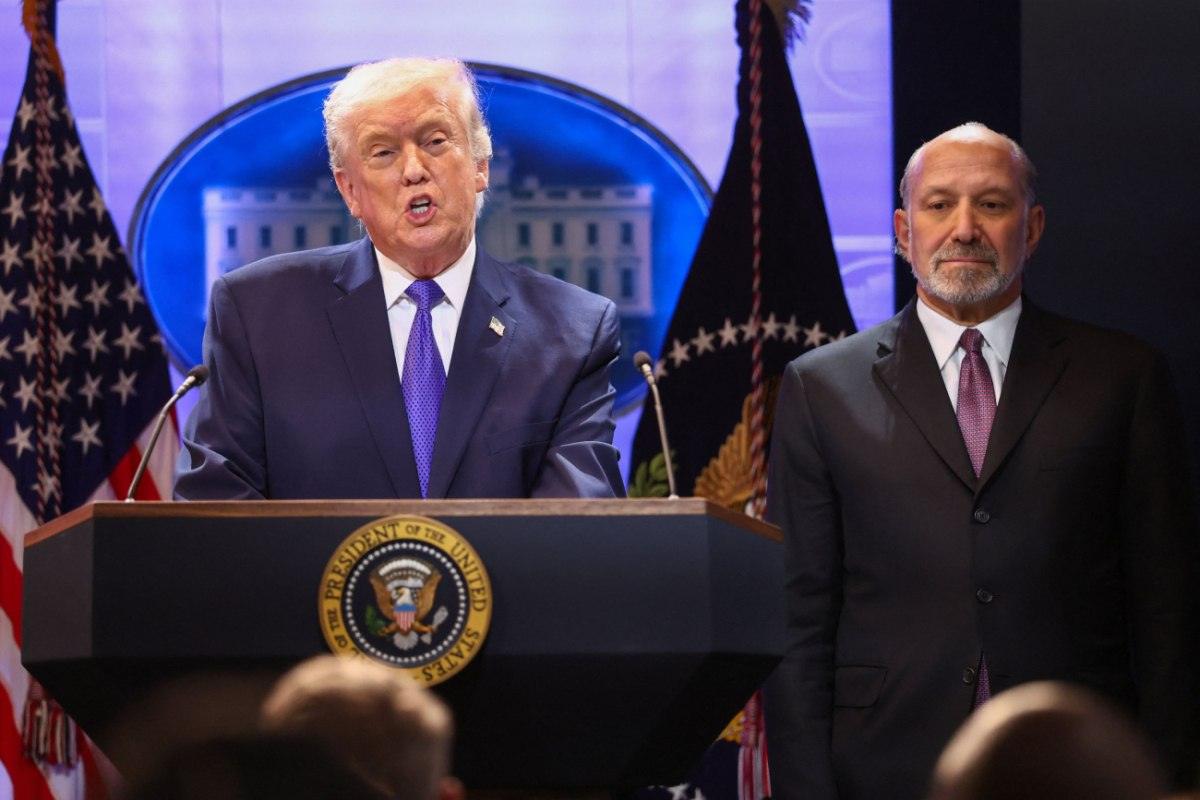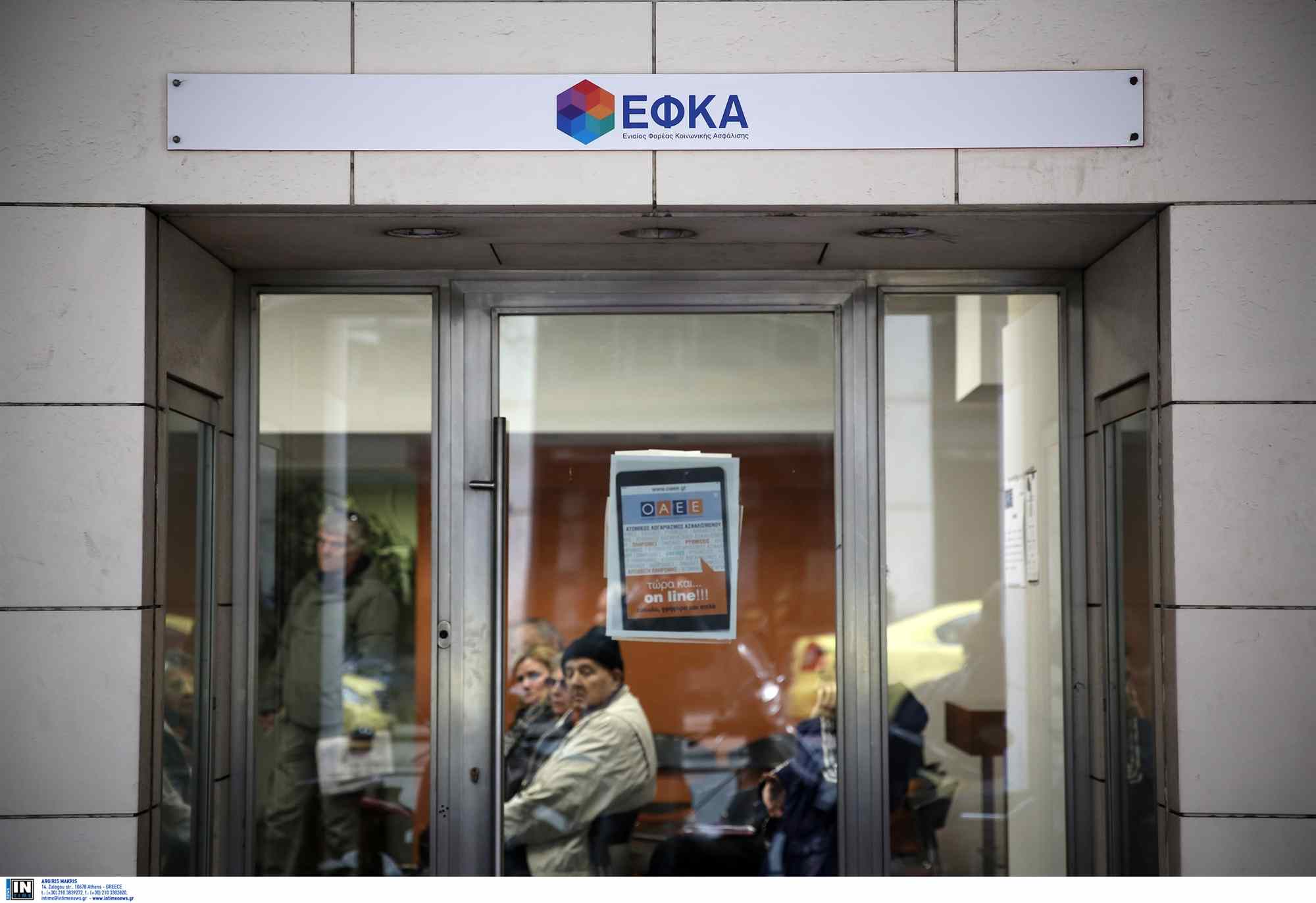An undetermined number of pupil and students’ councils at secondary schools and even universities on Friday announced that they will not attend classes on Thursday, November 6, as part of a nationwide protest over what they describe as growing problems in Greece’s education system.
The press reports accompanying the news did not mention an industrial action by unions representing educators. Even when strikes by the educators’ unions are now, participation is usually in the low single digits.
According to Tovima.gr, 15-member student councils at secondary schools (junior high and high schools) have already convened, with many deciding to suspend classes that day in solidarity with the protest, with pupils drawing attention to teacher shortages, outdated facilities, and controversial reforms to high school graduation requirements.
Among the main demands are the timely appointment of teachers at the start of the school year, modern and safe school buildings, and a less “pressurized curriculum”, i.e. less test taking to pass classes. One of the main gripes, at least as expressed by educators’ unions and some PTA associations, is a new “National Graduation Certificate”, which they argue adds an excessive examination load and turns every school year into a high-stakes testing cycle, similar to Greece’s university entrance exam.
The report, in Tovima.gr at least, cites interest by university students’ groups to join the protest. Dozens of student associations have announced participation, with the intent to close departments and faculties in protest. Their demands include more state funding for public universities, better infrastructure, and improved student welfare, particularly in housing and living conditions.
Student unions have called for mass participation in the November 6 rallies, emphasizing their call for “free and public education for all.”
While press reports cite participation as expressed by pupils’ councils, classes will not be automatically canceled. Lessons will proceed as scheduled unless a school is “occupied”, in which case the suspension of operations becomes “official”. Otherwise, absences will be recorded according to standard regulations.
